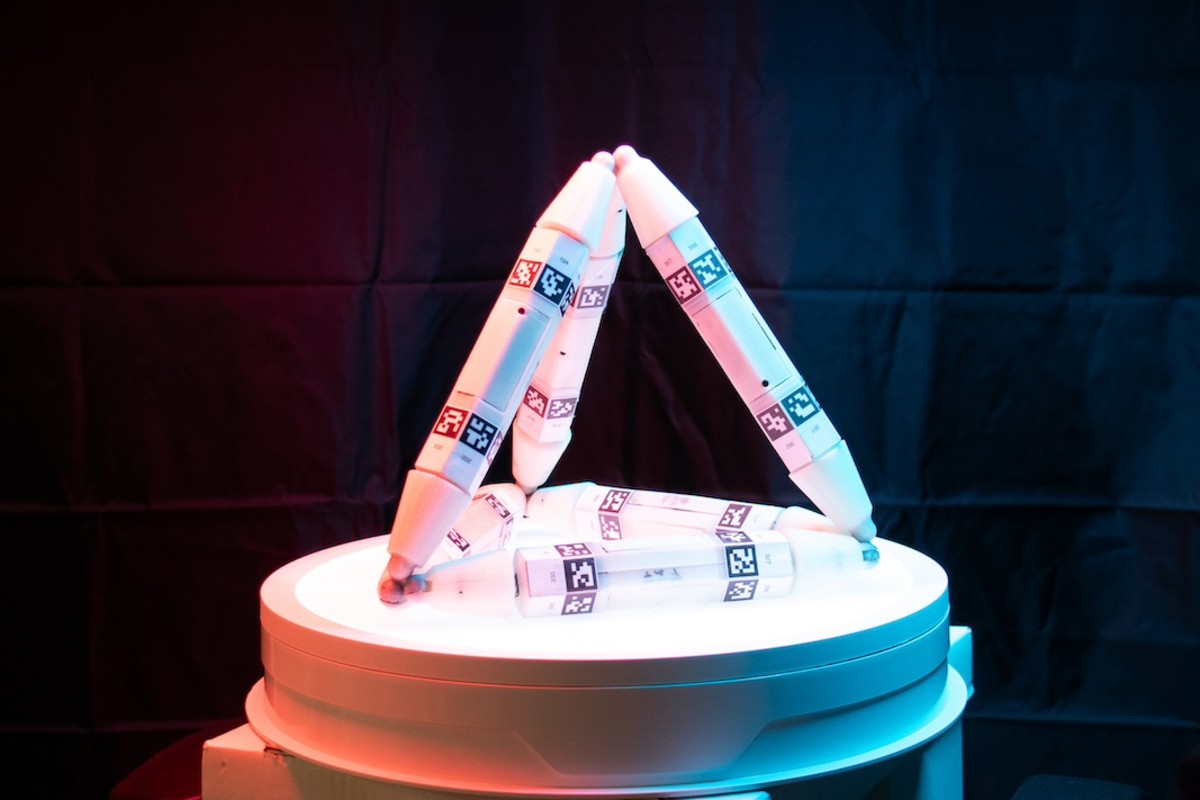Key Points
- Humanoid robots equipped with artificial intelligence are transforming multiple sectors, including factories, transportation, retail, and services.
- Innovations such as Darwin 01 and Go Mate are revolutionizing the industry with advanced capabilities and operational flexibility.
- Humanoid robots like PepsiCo's Sapphire are redefining marketing and customer service.
- Multi-robot collaboration and AI-driven data analysis are optimizing business efficiency.
- A significant growth in the adoption of AI-enabled humanoid robots is projected, impacting the future of work and human-robot collaboration.
In an era where artificial intelligence (AI) and advanced robotics are revolutionizing numerous sectors, AI-powered humanoid robots have taken center stage. Particularly in China and other regions, these humanoids are being deployed on a large scale, playing crucial roles in factories, transportation, retail, services, and beyond.
Humanoid robots with AI are sophisticated machines capable of mimicking human form and movement, which makes interaction with both their surroundings and people much easier. They incorporate artificial intelligence that allows them to learn, adapt, and make decisions. The major difference from traditional robots is their ability to function in unstructured environments.
China, as one of the frontrunners in this development, is propelling robotics to new heights with its industrial humanoid robots. Source
The Darwin 01 robot marks a new era in industrial robotics. It features a foldable torso, 28 motors, advanced sensors, and hot-swappable tools. In factory settings, AI-enabled robots like Darwin 01 can move in any direction (omnidirectional mobility), adapt to various tasks, and handle objects in real-world environments.
Beyond integrating seamlessly with existing management systems, Darwin 01 can operate continuously for 12 hours, automatically recharge its battery, and be remotely controlled for optimal precision. Its deployment enhances productivity and introduces significant flexibility in industrial sectors. Source
The Go Mate robot provides multiple solutions within the transportation and security sectors, having already proven its effectiveness in metro stations. It is capable of switching between two and four wheels, ensuring autonomy and strong stability in complex environments. Additionally, it utilizes solid-state batteries, which heighten its safety and durability in real-world applications.
Already, it is demonstrating its value in pilot projects within the automotive and healthcare sectors, undertaking tasks such as inspection, patrolling, and assistance. As its use expands, it is expected to reduce operational costs and streamline maintenance efforts. Source
In the worlds of marketing and retail, humanoid robots are increasingly being used as brand ambassadors. A prime example is Sapphire, PepsiCo’s humanoid robot, which processes voice, gestures, and real-time vision. This certified autonomous robot has not only earned international certifications but has also revolutionized PepsiCo’s advertising campaigns.
Sapphire is capable of offering customer service, conducting in-store promotions, and supporting events and international fairs. One notable advantage is its ability to quickly adjust to local data and requirements, allowing it to tailor services to specific regions. Its application at PepsiCo extends into social and digital campaigns, showcasing the broad versatility of these humanoids. Source
Magicbot is a pioneer in the realm of multi-robot collaboration. Through carefully choreographed movements, this humanoid robot can work simultaneously with other robots to execute complex tasks in industrial environments. Its flexibility also allows it to perform in showrooms, museums, and tourist venues, where it can offer live demonstrations of its capabilities.
On the software side, Magicbot stands out for its ability to quickly adapt to new tasks and environments, integrate various sensors, and maintain a dynamic interaction with its surroundings. Its impact is evident in multiple areas including logistics, customer service, and the automation of complex processes.
Keywords: Magicbot multi-robot collaboration, humanoid robots with artificial intelligence, next-generation humanoids.
Systems like Deep Agent, integrated in robotics, facilitate effective data analysis. These systems are capable of generating interactive dashboards and automatically extracting insights from real-time data. Such capabilities are vital for making informed business and industrial decisions.
Furthermore, advanced automation and predictive analysis bring significant benefits across factories, logistics, and service sectors, enhancing operational efficiency and driving smarter decision-making.
Keywords: advanced robotics in China, applications of robots in the industrial sector.
Analysts predict substantial growth in the market for AI-enabled humanoid robots, with projections reaching millions of units annually by 2035. The adoption of these robots provides companies with competitive advantages, including easy integration, adherence to global regulatory standards, and flexible deployment across various industries.
Key sectors such as the automotive industry and retail are driving the production and increased demand for these robots. Moreover, a critical factor will be the transition of human tasks to AI and robotic systems, which will redefine the future of work and human-robot collaboration.
Humanoid robots powered by artificial intelligence represent pivotal trends and breakthroughs in the digital transformation era. Although the rapid pace of change is challenging, it presents immense opportunities for businesses and professionals willing to embrace these technologies.
It is essential to consider the social and economic implications of these advancements. While the replacement of human tasks by AI and robots might raise concerns, it also opens up new avenues for jobs, roles, and skills that we may not yet be able to imagine.
The key takeaway is to remain informed about advanced robotics and its practical applications, recognizing that its presence and influence will only continue to grow in everyday life and business.
FAQ
- What is a humanoid robot with artificial intelligence?
A humanoid robot with artificial intelligence is an advanced machine that mimics human form and movements, and is capable of learning, adapting, and making decisions through AI technology.
- What are the technical features of the Darwin 01 robot?
The Darwin 01 robot comes with a foldable torso, 28 motors, advanced sensors, and hot-swappable tools. It can operate continuously for 12 hours and automatically recharge its battery.
- How does multi-robot collaboration work with Magicbot?
Magicbot is able to work alongside other robots to execute complex tasks in industrial settings. It also offers live demonstrations of its capabilities in showrooms, museums, and tourist spaces.
- How do companies benefit from advanced robotics?
Companies gain from advanced robotics through enhanced operational efficiency, improved decision-making, and significant cost reductions.




